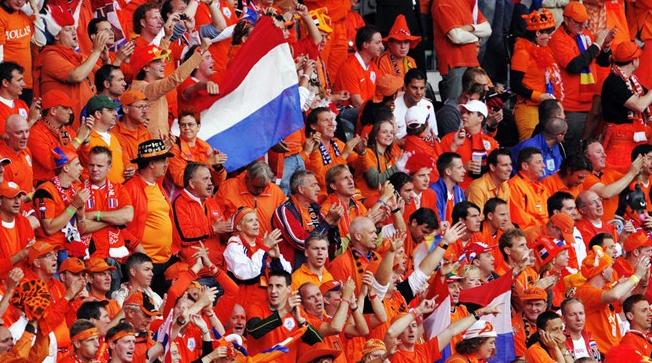Last Thursday the Irish, as the sole EU inhabitants to get the option, voted to reject the Treaty of Lisbon which was to further centralise and restructure the union. Which means that after three years of navelgazing and rapackaging the quest to establish an EU constitution is once again back at square one. Then it was the French and the Dutch who rejected the constitution and who therefore this time didn’t get to vote on it. If you vote the wrong way you’ve clearly shown not to be mature enough to decide on these weighty matters. For the Irish government it was more difficult to ignore the population, as the need for a referendum on constitutional matters is enshrined in law, so they had no choice but to call for a vote and hope for the best.
but once again these hopes were dashed, and this in a country traditionally quite Europe-minded. Once again it leaves the EU project floundering and once again the immediate response of European politicians and media is to blame the voter, not the treaty. Three years ago the rejection of the constitution led to a “process of reflection” from which emerged this treaty, largely the result of copying the constitution into a new document and doing global search and replace, with some relatively minor concession and symbolic changes. As if making the EU flag the mandatory symbol of Europe was why people objected to the contitution. Doing the same again isn’t feasable, but the process has to move forward so instead we get various European bigwigs like French foreign minister Bernard Kouchner threatening the Irish for their impudence while Gordon Brown amongst others has called for ignoring the vote by going ahead with the ratification in other countries and leave the Irish government to sort out things at their end.
Because the people in charge are convinced of the essential rightness of the constitreaty we don’t get any serious attempt to understand why first the French and the Dutch and then the Irish voted against it, but instead we get whisper campaigns to delegitimise the results of these referenda. For the Irish result the talking point being pushed is that it’s quite undemocratic for one million Irish to decide for 250 million other Europeans (one example). I agree with that, but it wasn’t the no-voters who decide the rest of Europe shouldn’t have a vote. The other way to delegitimise the Irish vote, and one much in evidence three years ago as well, is to disparage the motives of the voters. If you look at this Crooked Timber thread for example you see arguments that the Irish voted no because of their ignorance, their fear of foreigners, because the yes campaign wasn’t good enough, that it was just too complex for ordinary people to understand, and so on.
The common thread in all of this is that yet another no vote should not intefere with the orderly transition to the EU the European political elites want, but their voters are at best lukewarm about. It is brought as a matter of survival, as if the very functioning of the EU is under threat if these changes aren’t made, but we’ve seen how true that is in the three years since the rejection of the original constitution. Yet somehow the EU muddled through. It’s no wonder people are skeptical when all these grand plans are made without their input, their vote is only taken seriously if they vote yes and when they do vote against them their leaders don’t listen and they’re portrayed as xenophobic ignorami.

